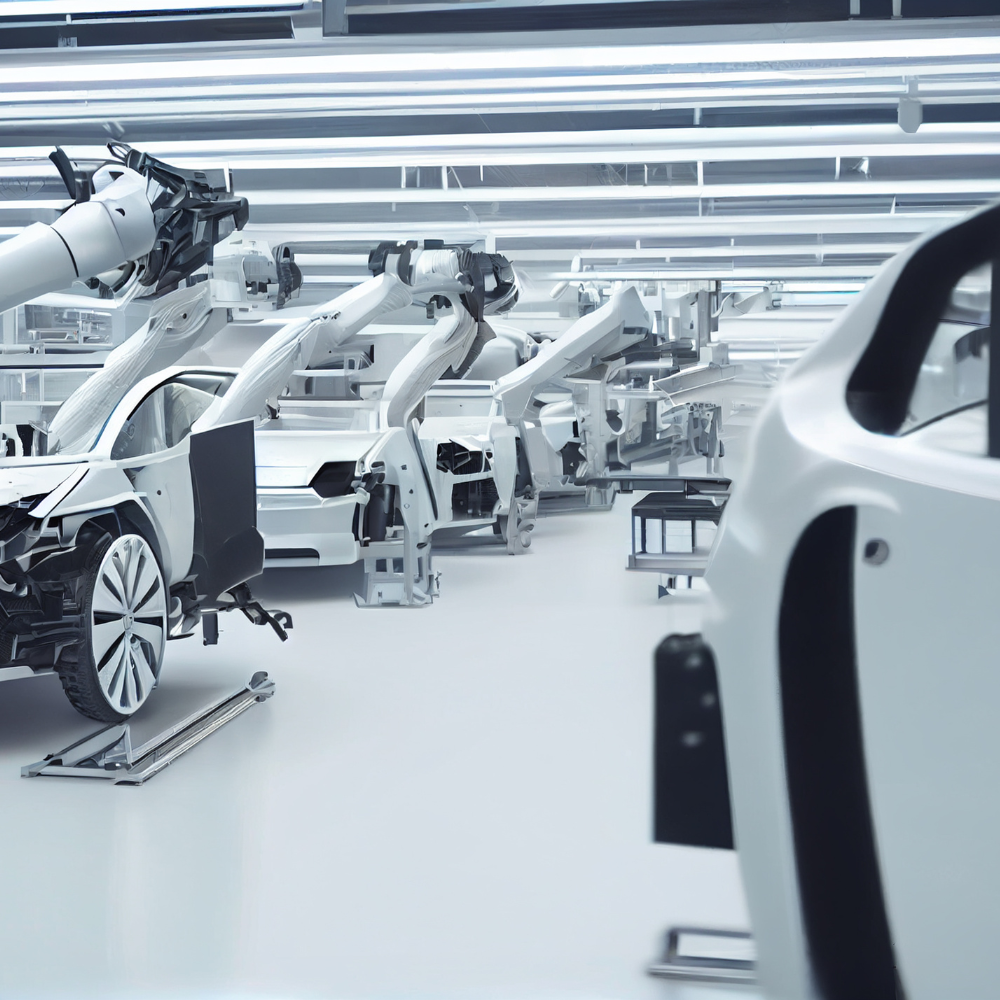Stellantis and Leapmotor scrap Poland EV plan amidst geopolitical tensions
In a surprising turn of events, Stellantis N.V. and its Chinese partner, Leapmotor, have decided to abandon their plans to manufacture a second electric vehicle (EV) model at Stellantis’ plant in Tychy, Poland. This decision comes amidst growing geopolitical tensions between the European Union and China, particularly regarding trade and technology.
The joint venture had initially intended to produce Leapmotor’s B10 electric crossover at the Polish facility. However, recent developments, including the imposition of tariffs on Chinese-made EVs by certain European countries, have prompted a reassessment of the production strategy.
Sources familiar with the matter suggest that the decision to scrap the Polish plan was influenced by a private communication from the Chinese government to automakers, urging them to pause significant investments in European countries that have supported the imposition of additional tariffs on Chinese EVs.
Instead of Poland, Stellantis and Leapmotor are now considering alternative production sites within the European Union, such as the Opel plant in Eisenach, Germany, and the Trnava plant in Slovakia. These locations offer the advantage of being situated in countries that have not actively supported the imposition of tariffs on Chinese EVs.
The shift in production plans highlights the delicate balance between geopolitical considerations and economic opportunities in the global automotive industry. As the EV market continues to evolve, automakers are grappling with a complex web of factors, including supply chain disruptions, rising costs, and shifting geopolitical landscapes.
While the decision to abandon the Polish plan may disappoint some, it underscores the need for flexibility and adaptability in the face of rapidly changing circumstances. By exploring alternative production sites within the EU, Stellantis and Leapmotor aim to mitigate the potential impact of tariffs and other trade barriers.
The move also underscores the growing importance of China as a major player in the global automotive industry. Chinese automakers, including Leapmotor, are increasingly looking to expand their presence in overseas markets, particularly in Europe. However, geopolitical tensions and trade disputes could pose significant challenges to these ambitions.
As the automotive industry continues to navigate these complexities, it remains to be seen how the evolving geopolitical landscape will shape the future of EV production and distribution.









